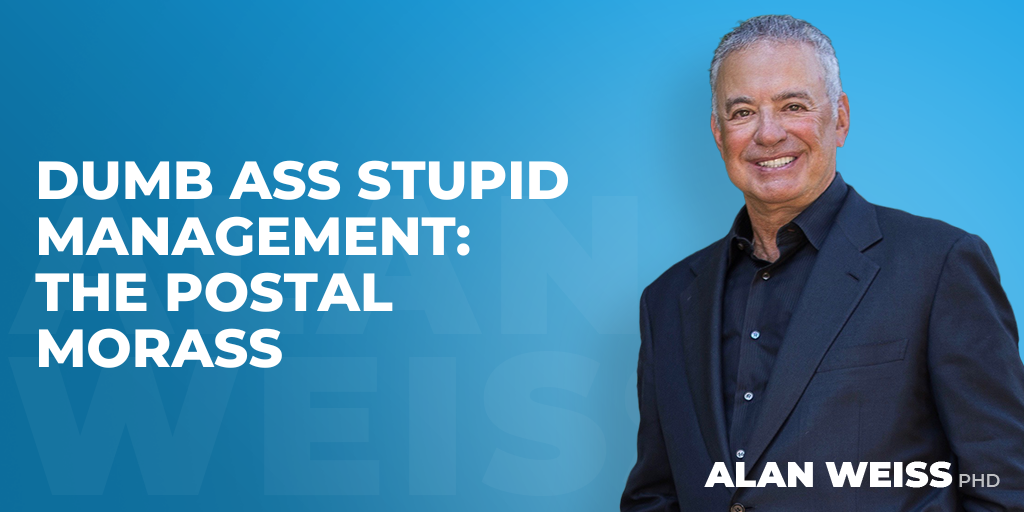The Newspaper “Network”
I’m growing really bored with newspaper owners and management whining and crying about unfair competition and the generally nasty ways of the universe. Compete or close. Newspapers won’t be “lost,” they will just be in a different alignment.
Radio hit its stride when networks were formed, so that dramatic shows, musicals, comedies, and news could be heard at the same local hour in widespread communities. (Don’t forget that railroads put many local stores out of business once the Sears Catalog could be distributed and fulfilled that way. The “Internet distribution” is hardly new.) Radio didn’t immediately lose ground to television, but did so only when TV networks were formed in the early 1950s. Cable, Apple TV, on-demand and all the rest use basically similar distribution but with many less restraints on language and depiction, and much more flexibility in time shifting and remote viewing.
Newspapers had a hard time dealing with radio, so the fact that the Internet may be their “last stand” in this form is hardly surprising. Or cause for the rending of garments, for that matter.
Newspapers will become more networked. We already have network-newspapers: USAToday, The Wall Street Journal, national editions of The New York Times, and so forth. That will intensify, so that people in Denver or Dallas or Dayton will subscribe to the Times, which will carry locally-relevant sections (not unlike current “zoning” done by metropolitan papers trying to appeal to neighborhoods and suburbs). Will San Francisco collapse without The Chronicle or Boston disappear without The Globe? I kind of doubt it. Declining readership and advertising tells you that they are no longer the pillars of community information or business.
We have survived well in this country through the trauma of NOT manufacturing televisions any more and watching GM declare bankruptcy. The current recession is clearly ending, though it will take some time, things are looking up. Not every city requires or is entitled to a local daily newspaper. When I was younger, New York had six dailies. Today, there are three, barely.
Incidentally, these aren’t idle ramblings. I’ve had as clients The New York Times, Los Angeles Times, Hartford Courant, Singapore Straits Times, The Providence Journal, and a dozen others, and I’m the only non-journalist in history to receive the Lifetime Achievement Award from the American Press Institute. Newspaper ownership—predominantly families (Hearst) or conglomerates (Gannet) in the past—have taken zillions out of the newspapers during flush times. No one has been inventive and innovative enough to compete in tougher times, with rare exception.
Newspapers will be around. But they are going to change through economic circumstances since they apparently couldn’t or wouldn’t of their own volition.
© Alan Weiss 2009. All rights reserved.







Roberta Matuson
I couldn’t agree more with your posting on newspapers. The Boston Globe keeps increasing the price of the paper while decreasing the number of articles and the quality of the writing. They appear to be using AP stories much more than they’ve done in the past.
I no longer see the value in subscribing for home delivery. I’ll be moving over to the online edition, which is free.